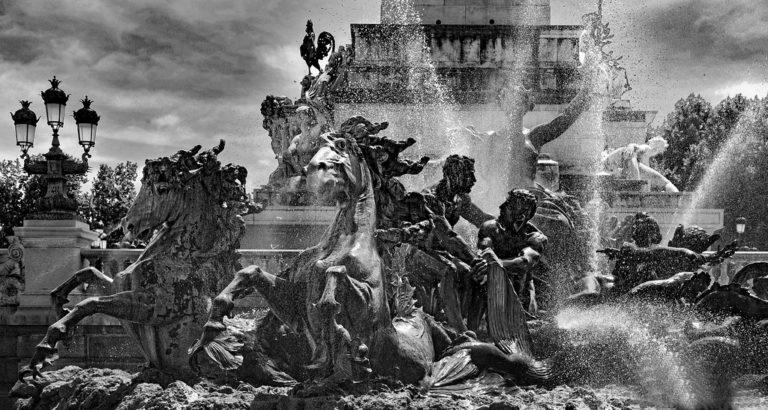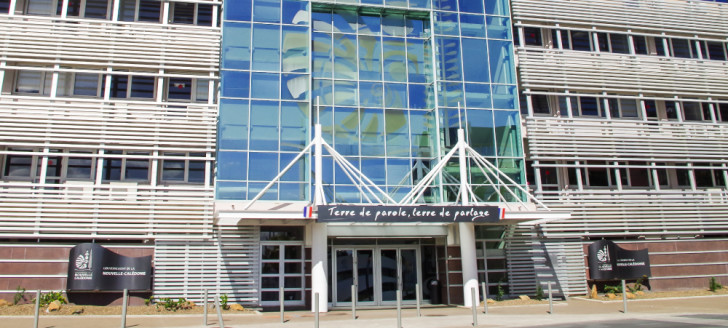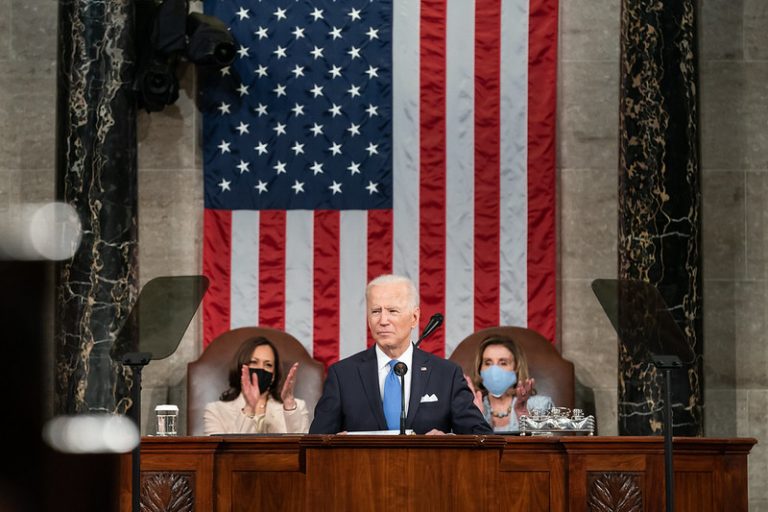Letter from La Vigie, dated 26 June 2024

Hungary: a European laboratory
Hungary was for a long time disputed by the Austrians and the Ottomans. Barely independent, the Treaty of Trianon cut off two-thirds of its territory. Thirty years later, it came under Soviet control. These historical vicissitudes largely explain V. Orbán’s domestic success. Access to freedom since 1989, through the EU and NATO, must not contradict the need to regain sovereignty. This is the main reason for the Hungarian leader’s illiberalism.
To read the article, click here
Brazil, the future belongs to it
The tour of France’s neighbours on land continues overseas, this time looking at the country with which we share the longest border: Brazil. This gigantic country with so many resources remains internally fractured, which is hampering its development. Its military resources are not yet equal to its global standing, but Brazil’s non-Western approach to international relations probably represents the future.
To read the article, click here
Lorgnette: The Channel that unites
France and the United Kingdom share similar destinies. Both countries are due to elect their National Assemblies in a few days’ time (July 5 in London, July 7 in Paris) following sudden and surprising dissolutions. In both cases, the incumbent majority is expected to give way to the opposition. Labour is favoured in the United Kingdom, while uncertainty remains in the Republic, where the choice is between a more or less clear majority and an ungovernable chamber.
In the case of the United Kingdom, the changeover comes at the end of a fairly long sequence: that of a Conservative government under Mr Cameron with fairly tough reforms, culminating in an unexpected Brexit (2016), the results of which, eight years on, are pitiful. The country has stagnated, while the provinces have sunk into poverty and inequality.
In the case of France, there has been one crisis after another since 2015: jihadist attacks, yellow jackets, Covid, pension reforms, revolt in the suburbs, riots in New Caledonia. Despite economic indicators that aren’t so bad, the feeling of a fractured and disintegrating society explains the recent vote of rejection.
Here, democratic breathing space is needed to catch our breath. The two sides of the Channel are thus coming together.
JOVPN
Subscribers: click directly on the links to read online or download the pdf issue (here), always with your login/password. New readers: read the article by issue, by clicking on each article (€2.5), or subscribe (discovery subscription €17, annual subscription €70, orga. subscription €300 excl. tax): here, the different options.
Photo credit: connect@epp.eu on Visualhunt.com








